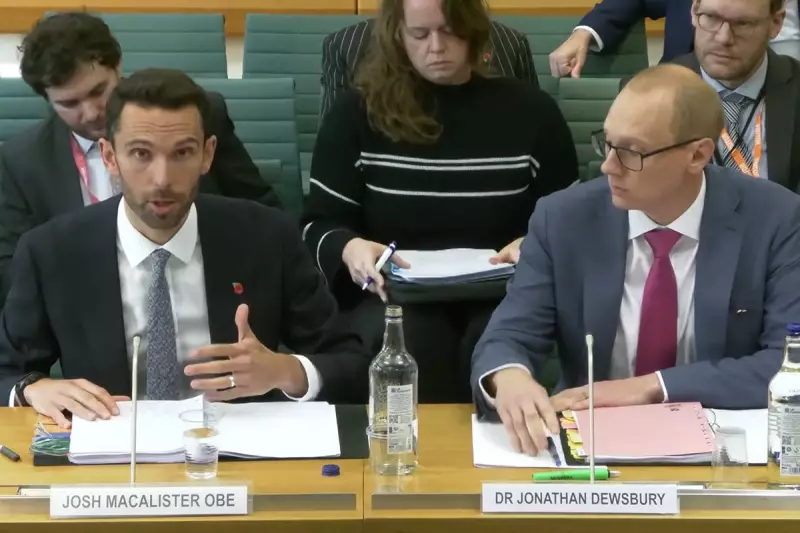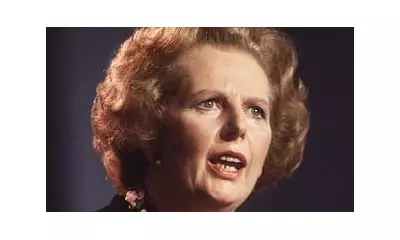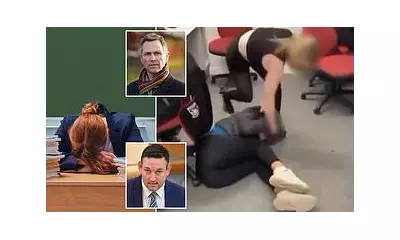
Education Secretary Bridget Phillipson is facing intense criticism after what MPs are calling a "significant snub" to parliamentary democracy, having avoided appearing before the cross-party Education Select Committee for nearly seven months.
The startling revelation came to light during a recent committee session where Robin Walker, the Conservative MP who chairs the committee, expressed his profound frustration at the minister's continued absence.
Seven Months and Counting
"We haven't had the secretary of state in front of us since she took on the role," Walker revealed, highlighting the extraordinary length of time that has passed without the government's education chief facing proper scrutiny.
This absence becomes even more concerning given that Phillipson has been one of the most prominent voices in Sir Keir Starmer's new administration, frequently appearing in media interviews to discuss the government's education agenda.
Accountability Questions Mount
The situation raises serious questions about ministerial accountability at a time when the Department for Education is pushing through significant policy changes. Select committees serve as a crucial check on government power, allowing MPs to question ministers directly about their decisions and policies.
Walker emphasised the committee's vital role, stating they are keen to understand the department's "direction of travel" on key education matters. The prolonged absence suggests either a deliberate avoidance strategy or a concerning disregard for proper parliamentary oversight.
Media Presence vs Parliamentary Duty
What makes the situation particularly striking is the contrast between Phillipson's high media profile and her absence from parliamentary scrutiny. While regularly appearing on television and radio to promote government policies, she has simultaneously avoided the formal accountability process that select committees provide.
This pattern has not gone unnoticed by education stakeholders and parliamentary observers, who argue that media engagements should complement rather than replace proper parliamentary scrutiny.
Growing Pressure for Appearance
The committee chair made clear that the situation cannot continue indefinitely. With major education reforms potentially on the horizon and numerous pressing issues in the sector, MPs are growing increasingly impatient to question the minister directly.
As Walker pointedly noted, the committee expects and deserves the education secretary's attendance to properly fulfil its scrutiny function. The ball is now in Phillipson's court to demonstrate her commitment to transparency and accountability.





